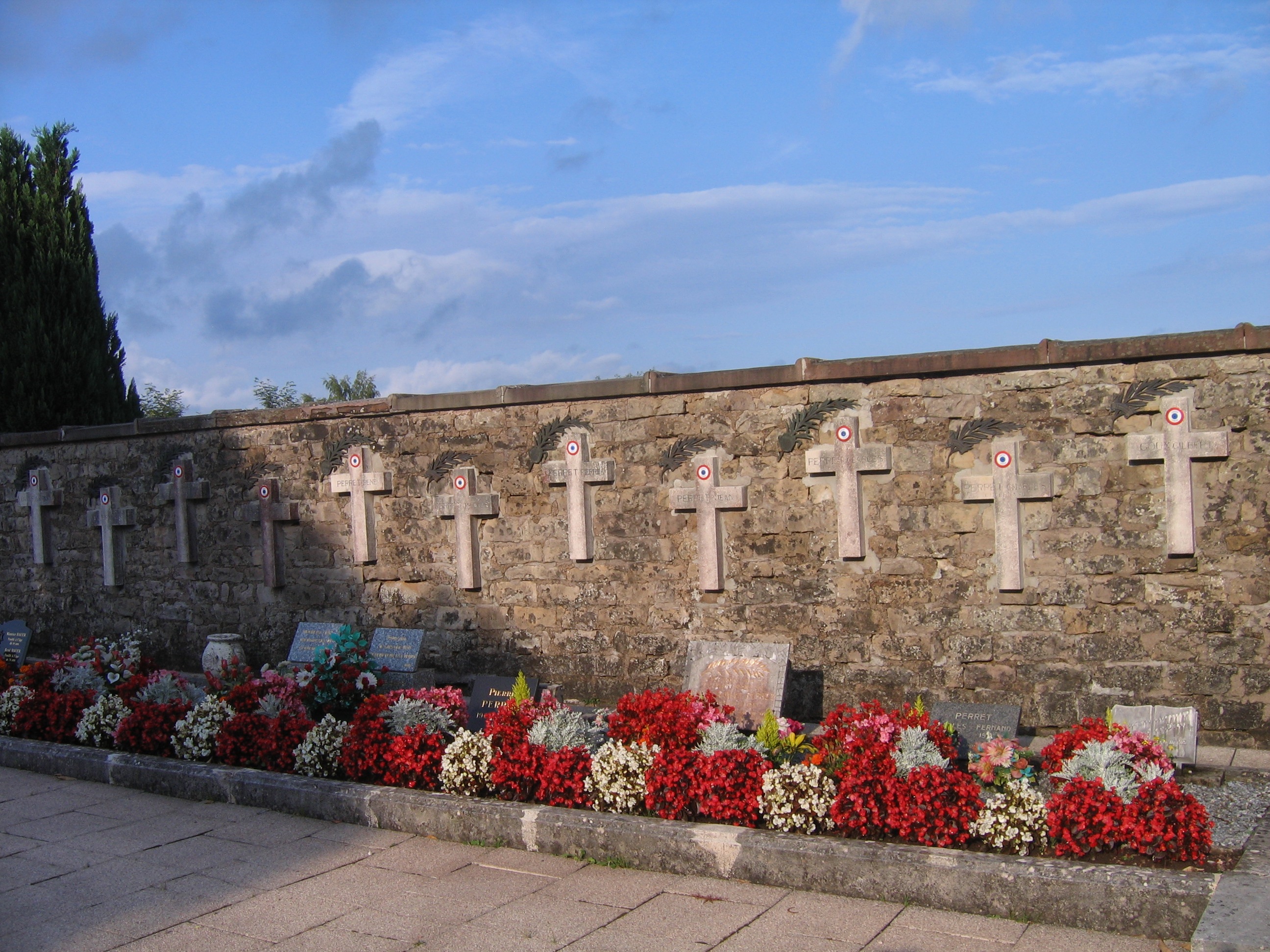The Cossacks Return
The fighting grew closer, but Etobon was still occupied. German soldiers and Cossack mercenaries were everywhere: sleeping in homes and barns, stealing food and clothing. One showed up wearing murdered Jacques Perret's leather coat. Jules Perret burned with anger.
Wednesday, October 11
The Cossacks have come back. One of them was wearing my son’s leather overcoat. Thugs of Kouban! Traitors to their country! My blood boils. Why have a revolver and nine cartridges, René’s shotgun and fifty cartridges and not kill as many as possible? Am I a man to hesitate or am I better off resisting my anger? Ah, if I only had myself to consider … Bad luck!
Gustave Colley, from Chenebier, has come to the forge. He was a close friend of our mayor, with whom he had served in the same battery during the other war. He told me of his grief in burying his friend himself in the common grave. There was so much blood that the sabots of the men of the burial detail were full. He didn’t see or recognize Jacques.
Suzette has gone to feed our hermit in the pines, Jarko.
Mama came back from the Champ Bozar furious. A band of boches had pulled up our potatoes and carried them away by the basketful in a truck.
I brought in some wood and put it above the kitchen ceiling to protect us from explosions.
Thursday, October 12
Sinister noises of shells. You get used to everything, even living with a storm of iron that could destroy you any minute – you, your house, the whole village.
The Cossacks are everywhere. They steal our leeks. Jeanne had an officer chase them off, but they were back a moment later. How do these jerks dare to walk by homes they’ve pillaged, in this village where they took all the men to the slaughter? Thugs! (I think I’ve noted elsewhere that my nephew Pochard, coming back from imprisonment, told me that the Russians, when the Germans were routed, killed every last one of them. In the area where he was, they killed hundreds.)
Some boches have returned from the front. “Much grenades. Much kaput.”
By the fireside, Philippe on my knee, I talk to him about his poor papa. And I relive that frightful day. Jeanne says, “I still see him leaving, so confident, with his pink cheeks. And the mayor! He was crying. His wife said to him, ‘Look at the others, they aren’t worried like you are.’” He wept because he had received a warning. He sacrificed his life. But he said, “They are young, they believe anything.” We try to console ourselves, saying that their suffering, however terrible, was short, that they weren’t tortured like so many others, perhaps like those twenty-seven who were taken to Belfort.
And we went to bed while the bombardment went on over the woods.

 Katherine Douglass
Katherine Douglass